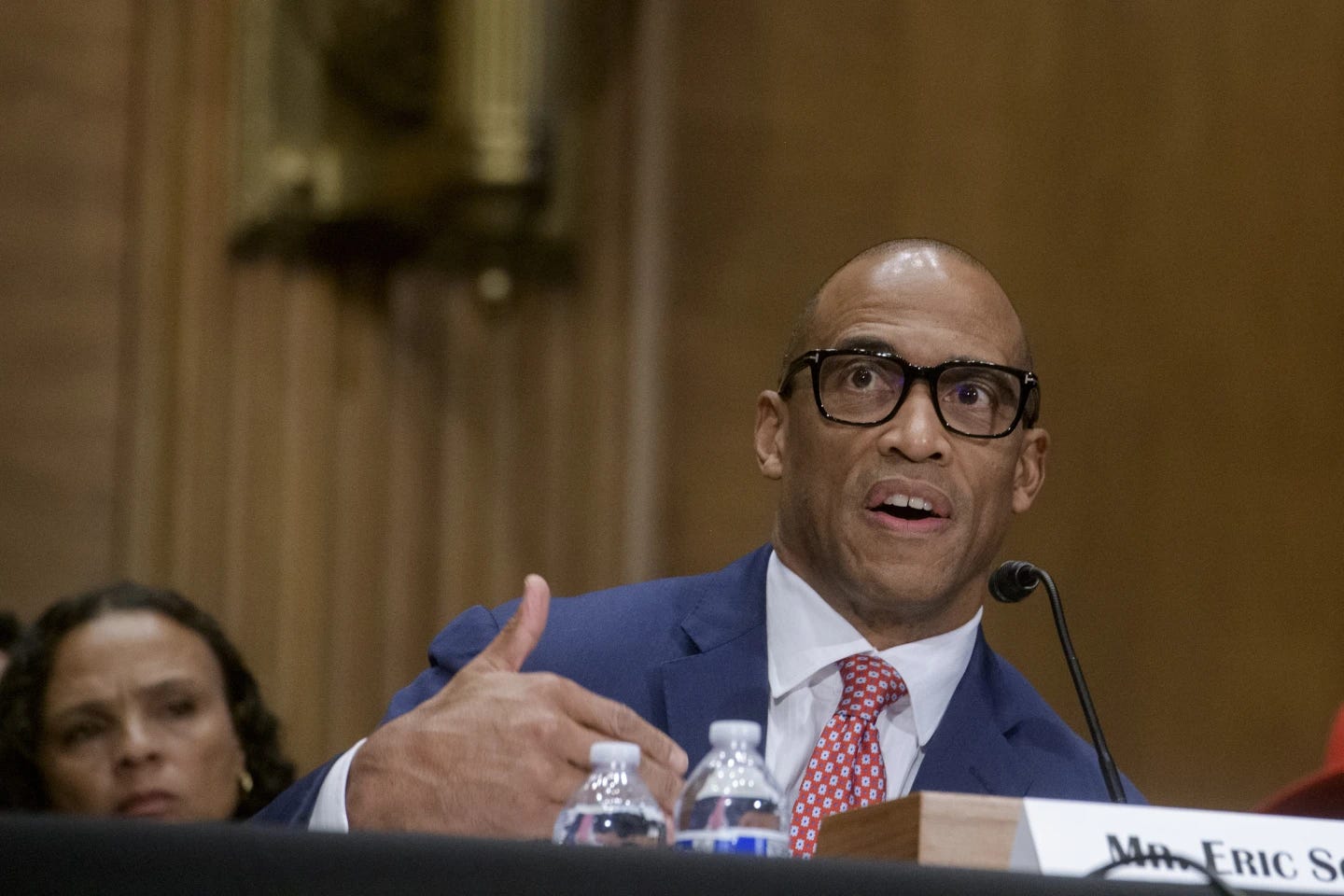Scott Turner Addresses Housing Reform at Senate Confirmation Hearing for HUD Secretary
The former NFL player discussed housing affordability, homelessness, and the future of HUD programs, while emphasizing the need for more efficient policy implementation.
WASHINGTON (AP) — Scott Turner, President-elect Donald Trump’s nominee for Housing and Urban Development (HUD) Secretary, faced tough questions during his confirmation hearing on Thursday. Turner, a former NFL player and the former head of the White House Opportunity and Revitalization Council, is seeking to lead the department tasked with addressing housing affordability, homelessness, and housing discrimination.
Though Turner’s policy ideas have been largely unknown until now, Thursday’s hearing provided some of his most detailed remarks on the nation’s housing challenges.
In the Spotlight
Turner opened the hearing with a personal story, reflecting on his background as an underdog from Texas and sharing the struggles he faced growing up in a broken family. He also drew from his own experiences in addressing homelessness, citing how his family helped a homeless veteran relative.
“When they found him, my family and I were able to come around him, to love him, to take him in, to give him the wraparound services that he needed,” Turner said, illustrating his empathy for those experiencing homelessness.
Turner did not shy away from criticizing the current state of homelessness in America. He pointed to HUD’s recent report showing an 18.1% increase in homelessness, with 770,000 individuals counted as homeless in 2024.
“HUD, if you will, is failing at its most basic mission,” Turner said. “And that has to come to an end.”
While the hearing included moments of levity, such as Turner joking about being drafted in the last round of the NFL draft, it also focused on key issues affecting millions of Americans.
Reforming HUD Programs
A central topic of the hearing was HUD’s extensive housing subsidy programs, including Section 8 vouchers. Democrats, in particular, pressed Turner on whether he supported expanding the number of vouchers, a priority for many in the party. However, Turner did not commit to increasing the number of vouchers, instead emphasizing his goal to make the program more efficient and user-friendly for landlords who work with voucher-holders.
Senator Ruben Gallego of Arizona, a Democrat, questioned Turner on the treatment of families with undocumented individuals in HUD-subsidized housing. Although current law only allows legal residents to receive HUD assistance, there was past controversy surrounding attempts to restrict assistance for those living with undocumented family members. Turner responded firmly, stating that he would uphold existing laws.
“We do not like to tear up families, but we have an obligation to serve the American people,” Turner stated.
Turner also expressed his support for tying work requirements to HUD housing programs, echoing broader Republican concerns about incentivizing self-sufficiency.
Fair Housing and Trump Administration Policies
As the only Black nominee for Trump’s Cabinet, Turner was questioned on his approach to fair housing laws, an area where the Trump administration has been at odds with prior administrations. Turner committed to enforcing fair housing laws but sidestepped questions on whether he would support or alter policies introduced under the Obama and Biden administrations aimed at reducing housing discrimination.
He also avoided directly addressing how he would react if President Trump proposed weakening protections for housing discrimination.
Regarding potential budget cuts for HUD, Turner said he would have open discussions with President Trump and Congress to ensure that the department’s priorities are adequately funded.
“I commit to having those conversations with the president and with Congress,” Turner said. “I will be an ambassador and a voice for HUD, and I’ll work to maximize the budget we are given.”
With the hearing now complete, Turner’s confirmation process is underway. If confirmed, he will take on the responsibility of leading HUD through a challenging period of housing affordability and reform.


